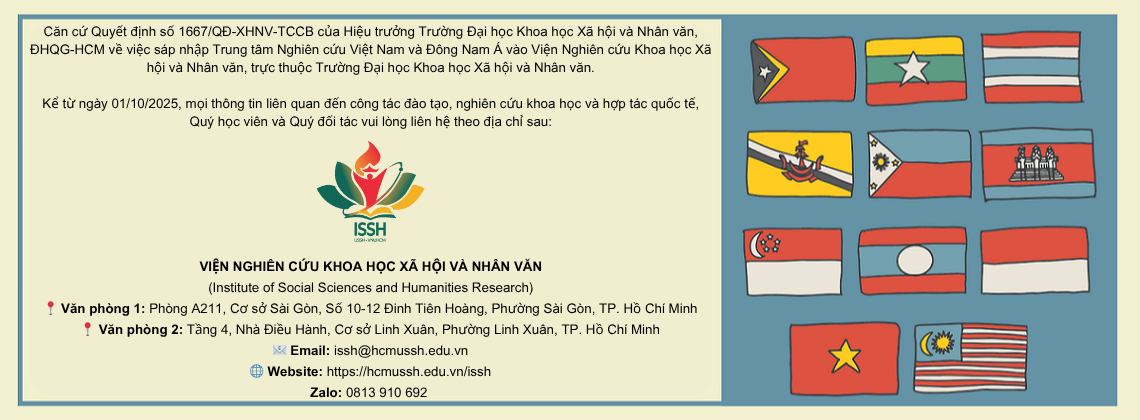CONFERENCE ON THE RISE OF CHINA AT NATIONAL CHUNG HSING UNIVERSITY
, 18/07/2018 14:07On June 19, 2018, Dr. Tran Dinh Lam - Director of the Center for Vietnamese and Southeast Asian Studies attended the seminar at the National Chung Hsing University following the invitation of Prof. Tung Chieng Tsai - Institute of International Politics.
The topic of the seminar was “The Rise of China” in which Dr. Lam and other professors, students discussed several questions regarding China’s rise in terms of economy and military power; Vietnam - China relations as tension over territorial claim escalating; future of peaceful cooperation,...
The questions were as follows:
1. If China rising? How to evaluate?
2. Vietnam-China relations: energy and fishery issue in South China Sea, struggle for island sovereignty…
3. US-China relations: China’s island militarization in South China Sea, next step of US “Freedom of Navigation”, potential ally race…
4. Future of COC or any other alternatives?
5. Other actors in Southeast Asia, India and Japan?
6. Future of mutual cooperation: RCEP? China’s Pan South China Sea Economic Cooperation?
Specifically, Dr. Lam addressed some basic facts of China’s current militarization process in South China Sea in addition with its economic influence on ASEAN countries by pointing out the dependence of Southeast Asian countries on China’s import market and foreign investment from China. The inflow of FDI and other aids - which are part of an ambitious project named One Belt and One Road Initiative - from China helps developing countries boost their economic growth while also traps them into enormous debts. Besides economic influence, China continues to spend huge amount of money on military expenses and speeds up its militarization in South China Sea to expand its control over Southeast Asian countries, and potentially, dethrones US as the world leader.
Dr. Lam also proposed some resolutions to the current situation for other Southeast Asian countries, especially Vietnam which is currently in an inferior position to China. He emphasized that in order for inferior countries to stand a chance against a powerful nation like China, mutual cooperation are essential for a better understanding of one another’s culture and mindset, which would raise people’s awareness of the current situations among China and Southeast Asian countries. This would, in turn, enable both Chinese and other people to understand who is responsible for escalating tensions, prompting them to behave righteously toward Chinese people, avoiding an unnecessary Chinese xenophobia.














